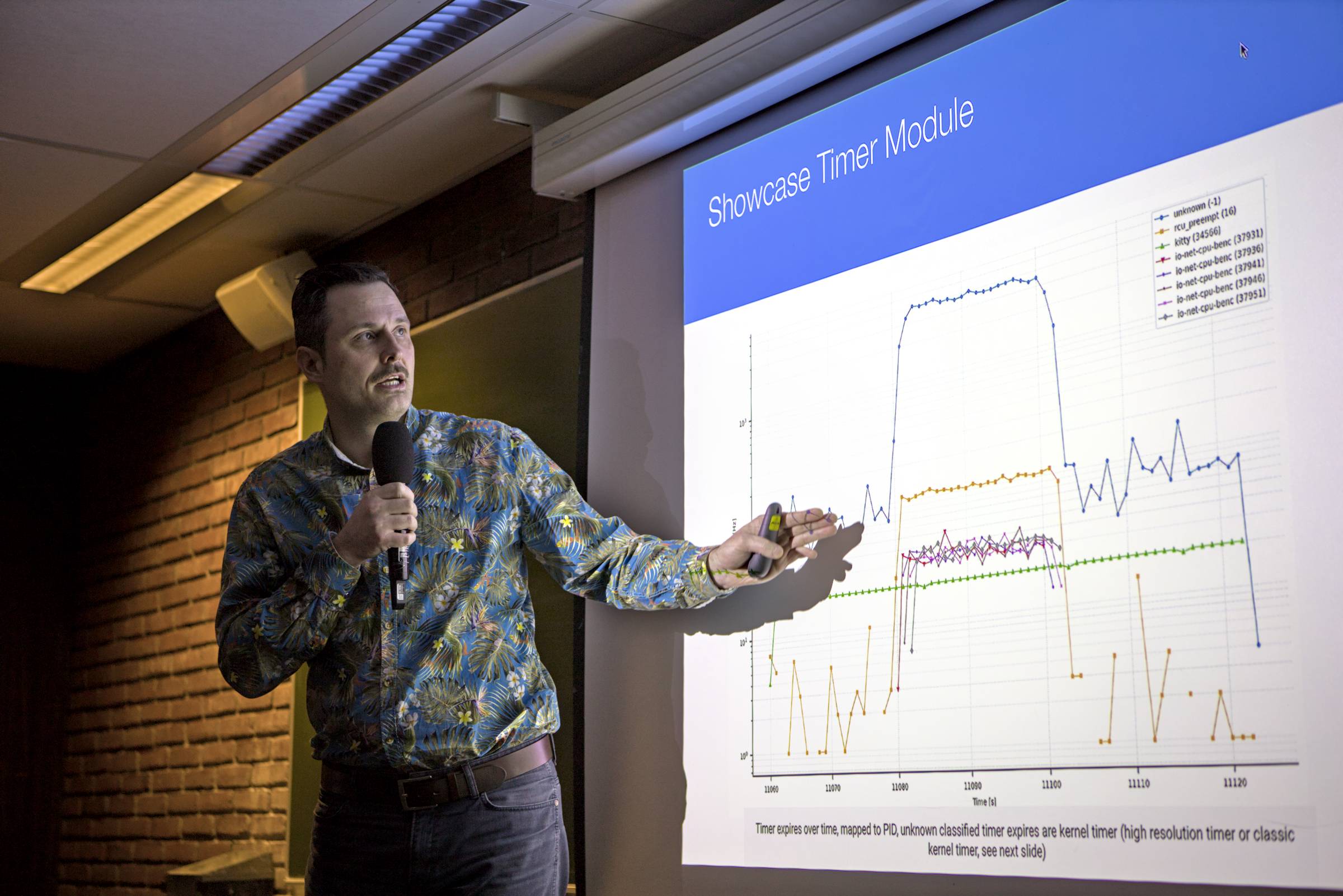FOSDEM 2024 Recap – Exploring Advanced Linux Power Management with Perf
At the recent FOSDEM 2024 Energy Devroom, Hagen Paul Pfeifer delved into the intricacies of Linux power management through a presentation titled “Advanced Linux Power Management Evaluation using Perf” (video follows below). Here’s a breakdown of the key points discussed during the session:
Introduction to Perf Scripting
Pfeifer introduced a Perf script and extension designed to optimize workload and power consumption on Linux systems. The script aims to provide insights into power consumption and identify opportunities for optimization.
Recording Workload Data
The session highlighted the process of recording workload data using Perf. By recording data for a specified duration, users can gather information about system behavior and power consumption patterns.
Analyzing Timer Events
Pfeifer emphasized the importance of analyzing timer events to understand system wake-ups and their impact on power consumption. By identifying excessive timer interactions, users can pinpoint applications or processes that prevent the system from entering deep sleep states.
Compatibility and Ease of Use
The Perf script is designed to be compatible with a range of processors, including x86 and ARM architectures. Pfeifer highlighted its availability as a Python script for general use, making it accessible to a wide range of Linux users.
Community Involvement
While Pfeifer is the main developer behind the Perf script, he mentioned the involvement of students and other contributors in refining and expanding its capabilities. The script’s development is driven by a desire to make power management optimization more accessible and user-friendly.
By leveraging this tool, Linux users can gain a deeper understanding of their system’s power consumption patterns and identify opportunities for optimization. The script’s compatibility and ease of use make it a valuable resource for anyone looking to improve the energy efficiency of their Linux systems.
